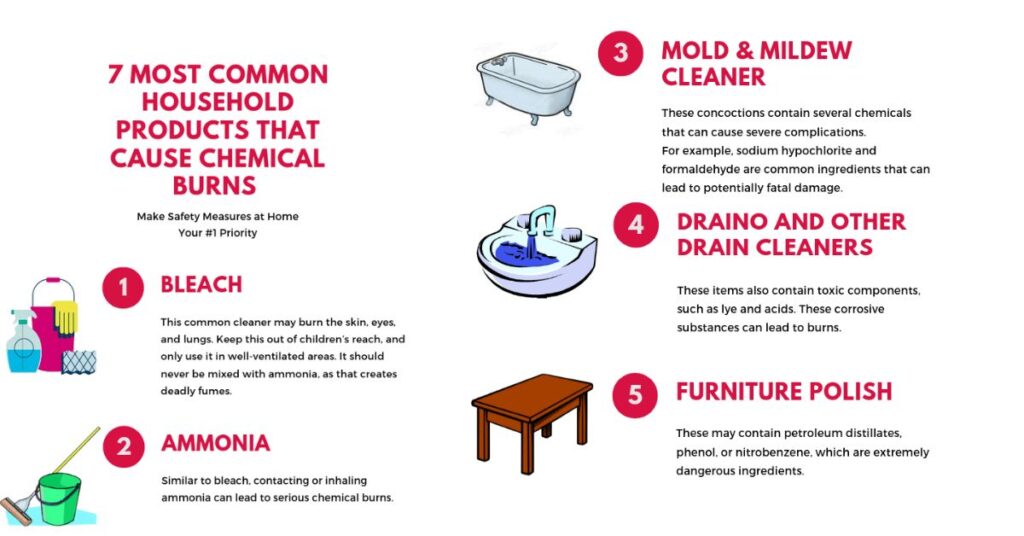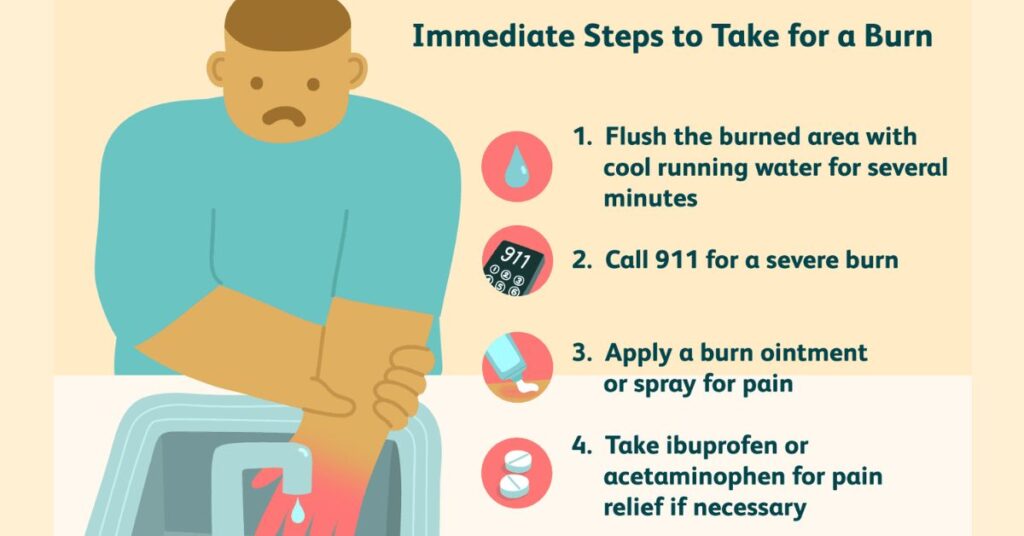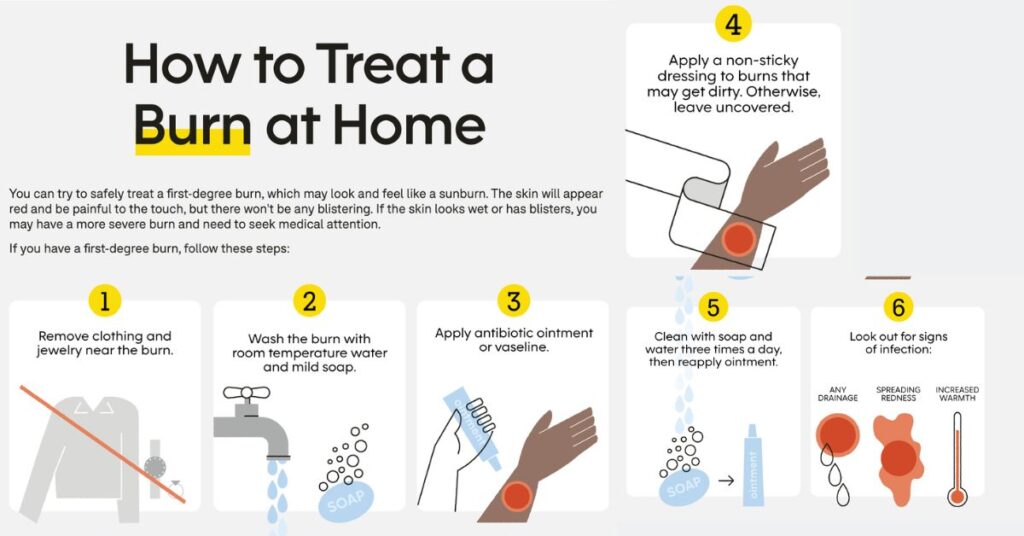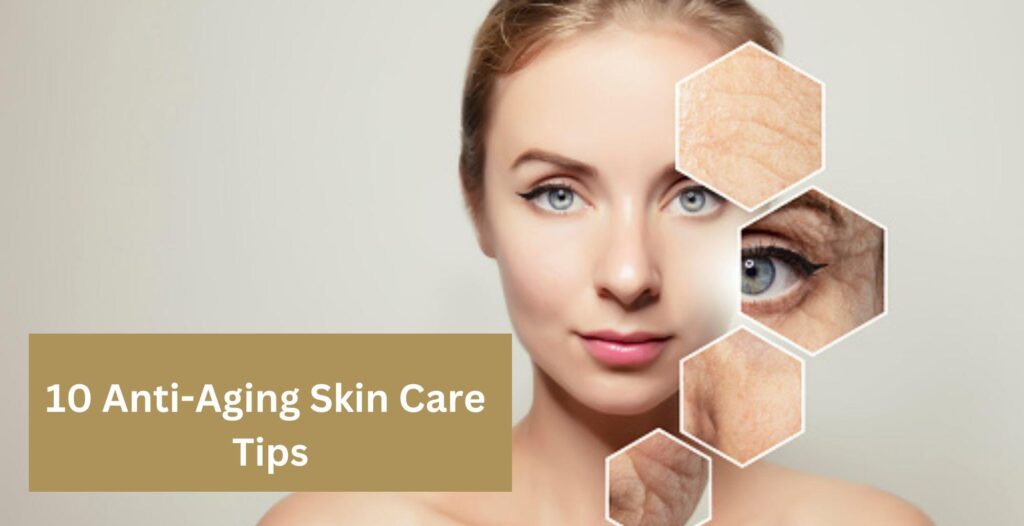How to Treat Chemical Burn on Face From Skincare? Chemical burns from skincare products can be frightening and excruciating. They occur when your skin is irritated by potent substances, such as those in chemical peels or acne treatments. Knowing what to do right away will help your skin heal more rapidly and prevent further harm if this occurs.
Table of Contents:
How to Treat Chemical Burn on Face from Skincare – Common Causes and Origins!
Chemical burns caused by harsh chemicals or acids in skincare products occur when the skin responds to these strong components. Alpha hydroxy acids (AHAs) and beta hydroxy acids (BHAs), which are frequently used to exfoliate the skin and cure acne, are found in many skincare products.

These substances are highly potent, even though they can be very effective. However, if applied too frequently or kept on the skin for an extended time, these acids can irritate and cause burns.
Another frequent culprit is using inappropriate products for your particular skin type. Since every individual has a different skin type, what suits one person may not be suitable for another. Sensitive skin reacts more readily to specific compounds, making it particularly prone to burns.
Chemical burns from skincare products, therefore, happen when potent substances overpower the skin, either because they are applied incorrectly, too harshly, or just not suitable for your skin type.
Immediate Steps to Take After a Chemical Burn
- Stop Using the Product: As soon as you experience acute irritation or a burning sensation, cease using the product that caused the burn. Its continued use may make the situation worse.

- Rinse with Cool Water: Give the afflicted area a gentle 10- to 15-minute rinse with cool, not cold, water. This might lessen the burning feeling and help remove any leftover substance from the skin.
- Refrain from Scrubbing: Do not use abrasive items or scrub the affected region. Scrubbing could make the burn worse and more irritable.
- Apply a Cold Compress: To lessen discomfort and minimize swelling, use a clean, cold compress. Extreme cold can also irritate the skin, so make sure the compress is not too cold.
How to Treat the Chemical Burn at Home
Use a Soothing Moisturiser:
After washing, dab the burned area with a hypoallergenic, fragrance-free moisturizer. Seek products with hyaluronic acid, ceramides, or aloe vera as relaxing components. These can promote the skin’s natural healing process and help seal in moisture.

Steer clear of the sun:
When your skin is burned, it becomes more susceptible to solar damage. If you must go outside, use a broad-spectrum sunscreen with at least SPF 30. Try to stay out of the direct sun as much as possible and wear a hat.
Use an Over-the-Counter (OTC) Hydrocortisone Cream:
This can help lessen irritation and inflammation if the burn is minor. Use it judiciously and per the directions on the container.
Steer clear of harsh skincare products:
Retinoids, strong acids, and other potentially irritating chemicals should not be used on your skin while it heals. Adhere to a mild skincare regimen that emphasizes moisturizing and healing.
When to Seek Medical Help
If the chemical burn on your face is severe, you should get medical attention. Blisters, extreme pain, or a burn that covers a significant portion of your face are indications that you should visit a doctor. Additionally, it’s critical to seek medical assistance as soon as you observe any infection-related symptoms, such as pus, swelling, or a fever.
A dermatologist can prescribe the right medication in these situations to aid in the healing of your skin. Prescription drugs to lessen discomfort and inflammation or specialized wound care to stop infection and encourage healing are a couple of examples.
Prevention Tips for the Future
Patch Test New Products:
To ensure there are no negative reactions, try a new skincare product on a small section of your skin before using it. This easy precaution can lessen the risk of chemical burns.
Observe the product’s instructions:
Follow the usage instructions on skincare products at all times. If a product calls for a patch test, apply it to a smaller area first and give it the specified period.
Introduce New Products Gradually:
Try new skincare products gradually; this is especially important for goods with potent active components. As your skin becomes more tolerant, gradually increase the frequency of usage.
Use Sun Protection:
The active components in many skincare products, such as BHAs and AHAs, can make your skin more photosensitive. Use sunscreen every day to keep your skin safe.
How to Maintain Your Skin’s Health
- Select Gentle Products: Look for skin care items with the labels “hypoallergenic” or “sensitive skin-friendly.” These products are less prone to result in chemical burns and usually contain fewer irritants.
- Moisturize Regularly: Regular moisturizing helps your skin’s natural barrier remain intact, which reduces the likelihood of inflammation. Seek moisturizers that contain hyaluronic acid and ceramides, which aid in restoring and preserving moisture.
- Simplify Your Skincare Regimen: Less is more in some situations. In your regimen, try not to use too many active chemicals because stacking numerous products might raise the risk of burns and irritation. Concentrate on following a basic regimen that consists of a mild cleanser, moisturizer, and sunscreen.
FAQS:
1. Can I use home remedies to treat a chemical burn on my face?
Mild burns can be soothed with several modest home remedies, such as applying aloe vera gel. But stay away from using strong chemicals like vinegar or lemon juice, as these might make the burn worse. If you have severe burns, you should see a medical practitioner.
2. How long does a chemical burn on the face take to heal?
The extent of the burn determines how long it takes to heal. If given the right care, mild chemical burns can recover in days to a week. More serious burns could take longer to heal completely and might need medical attention.
3. Should I apply moisturizer to a chemical burn?
Yes, a light, fragrance-free moisturizer can keep the skin hydrated and promote healing. Select a product with calming components such as hyaluronic acid, ceramides, or aloe vera.
4. When should I see a doctor for a chemical burn on my face?
If the burn is severe, covers a significant region, or you have symptoms like blistering, excruciating pain, or infection-related symptoms like pus or fever, you should get medical attention. A dermatologist can offer the right care to encourage recovery.
Conclusion:
Although chemical burns from skincare products on the face might be upsetting, your skin can heal well if you take the proper care. The important things to do are to rinse your skin with cool water as soon as possible to prevent further irritation and to use soft, calming products to aid in the healing process.
Read Also:


